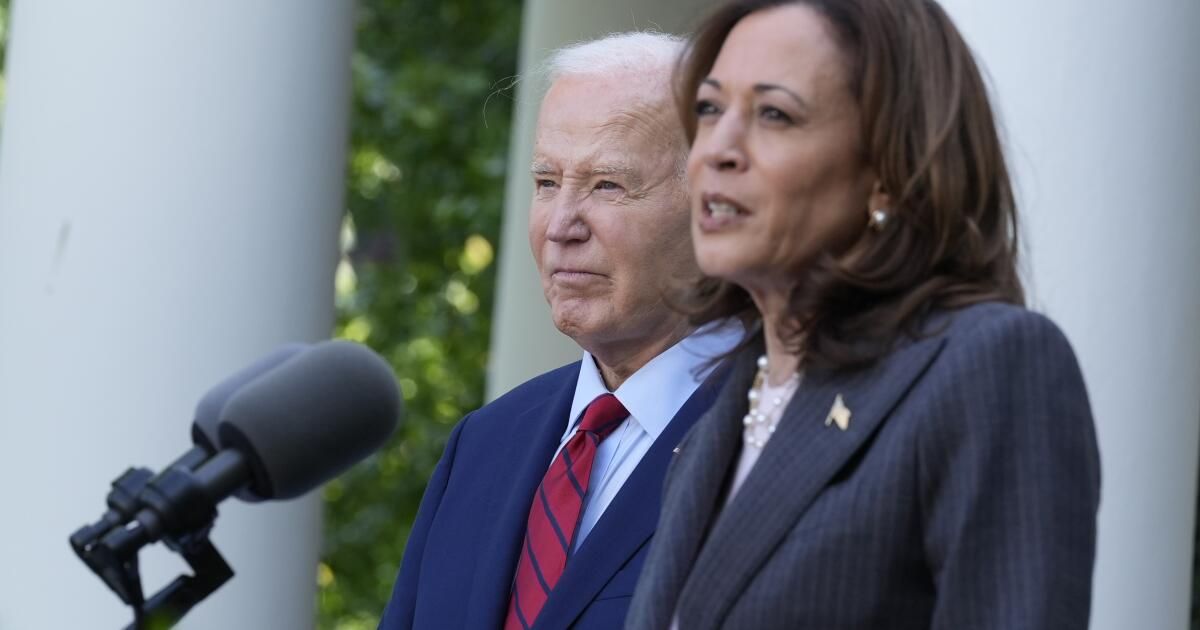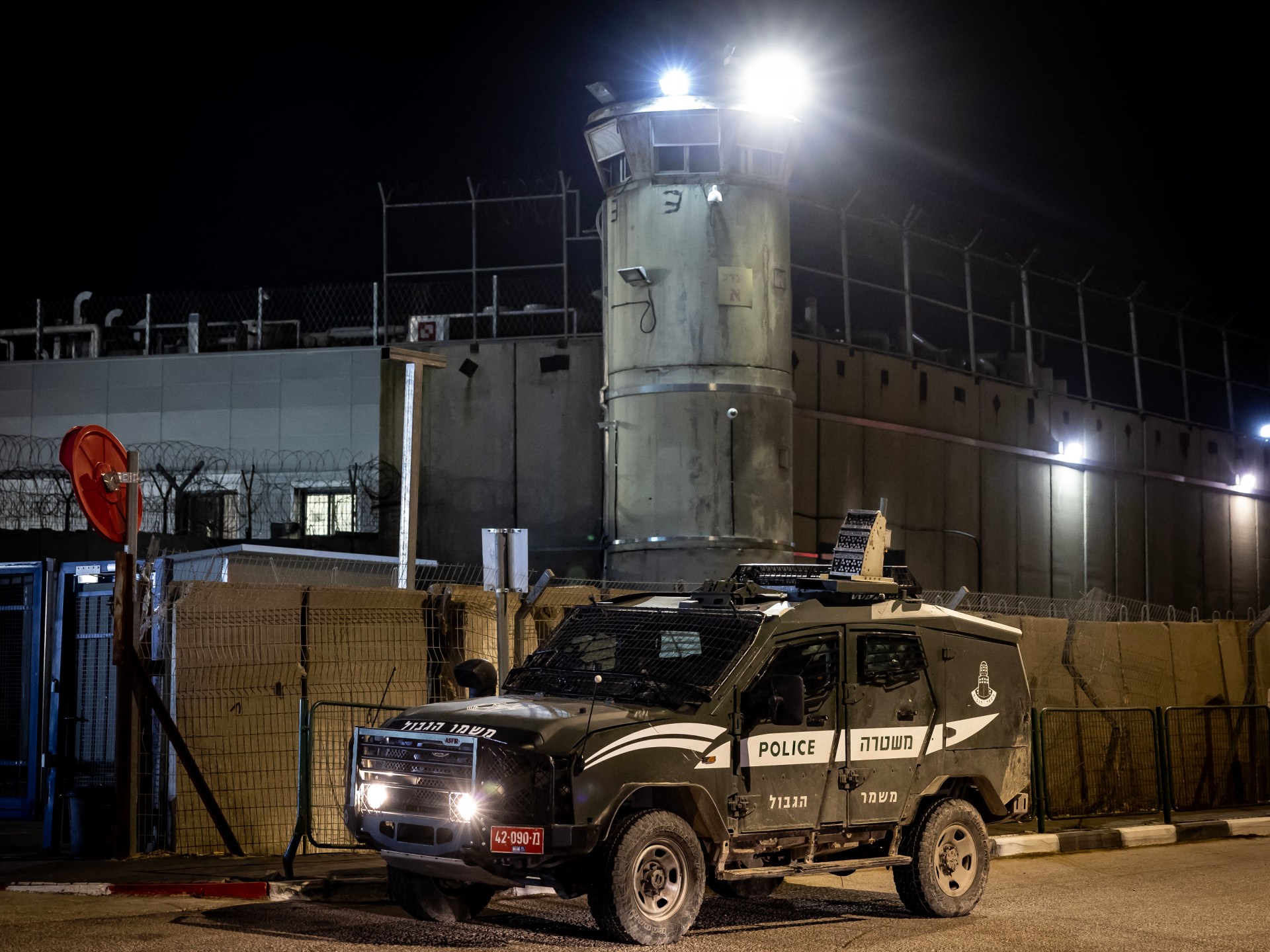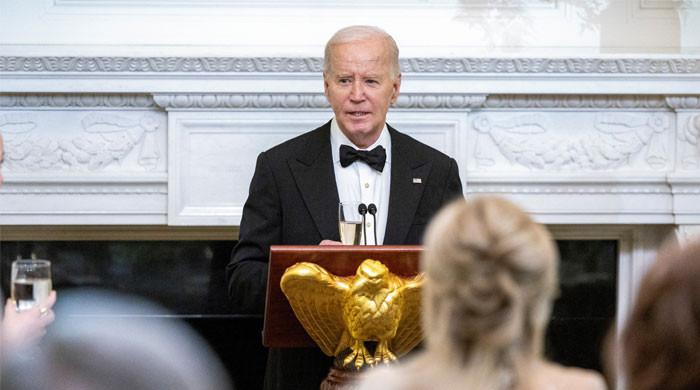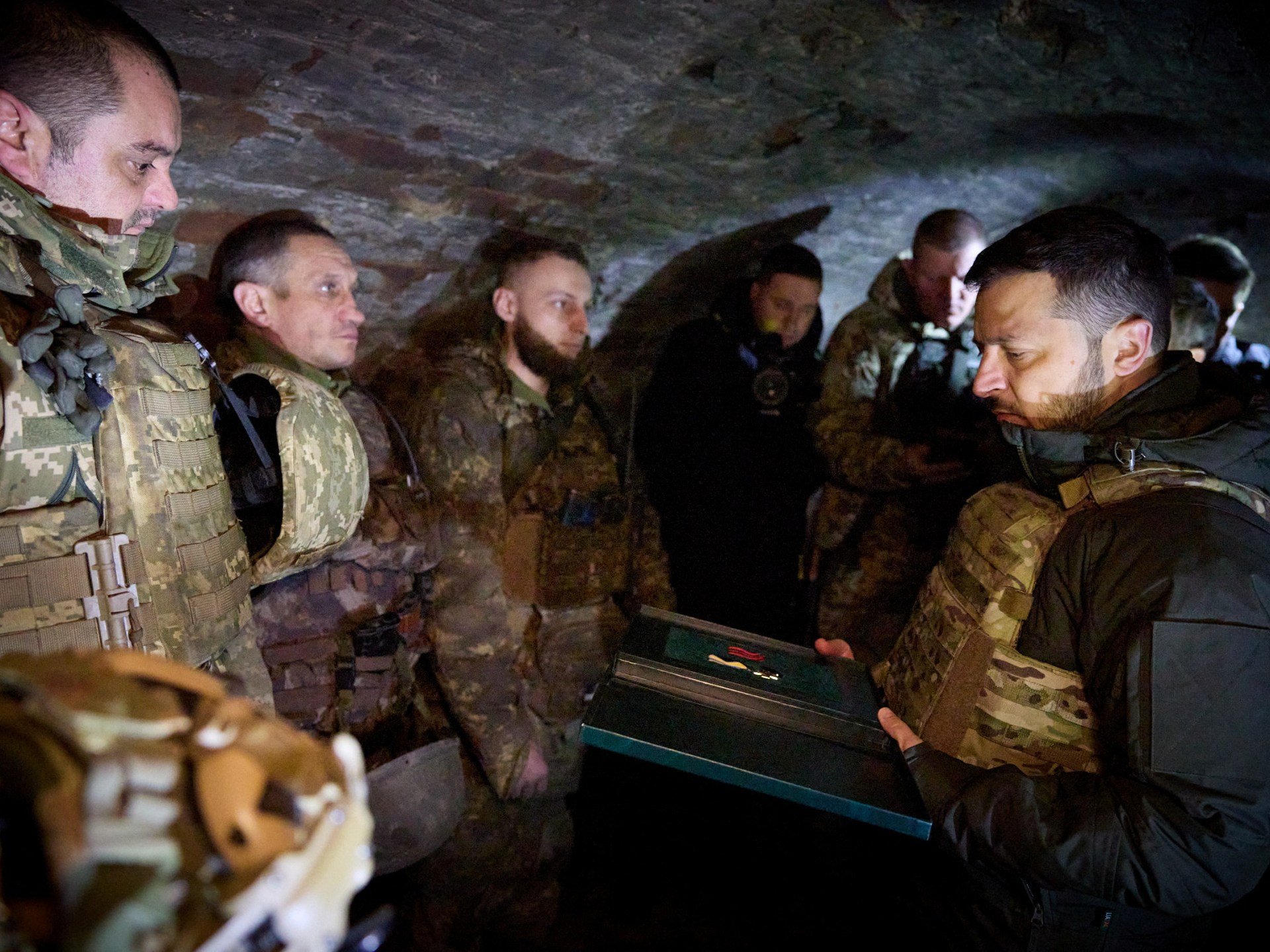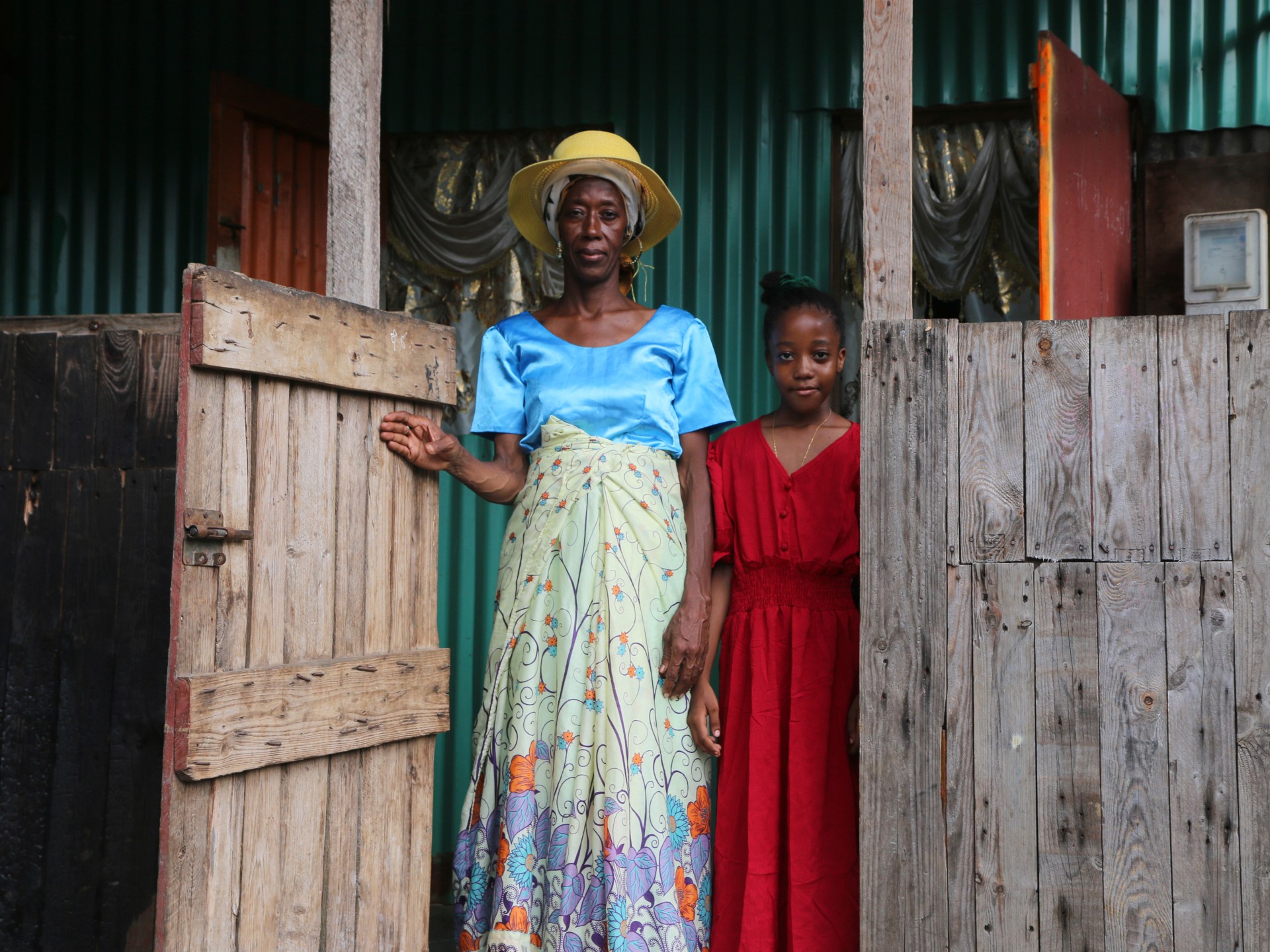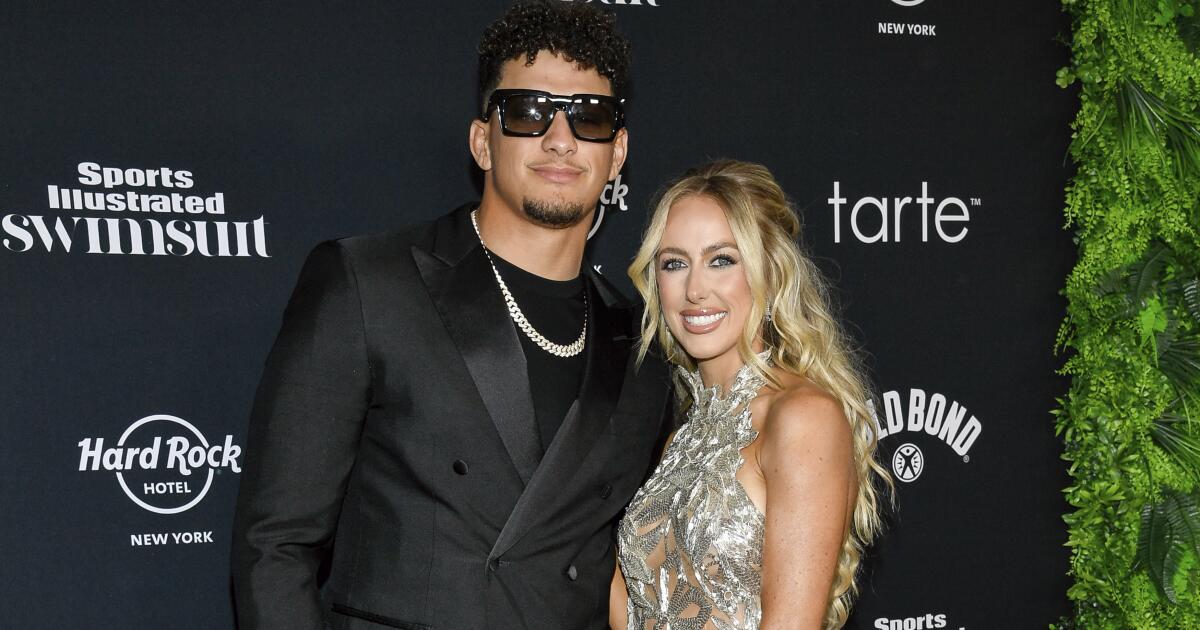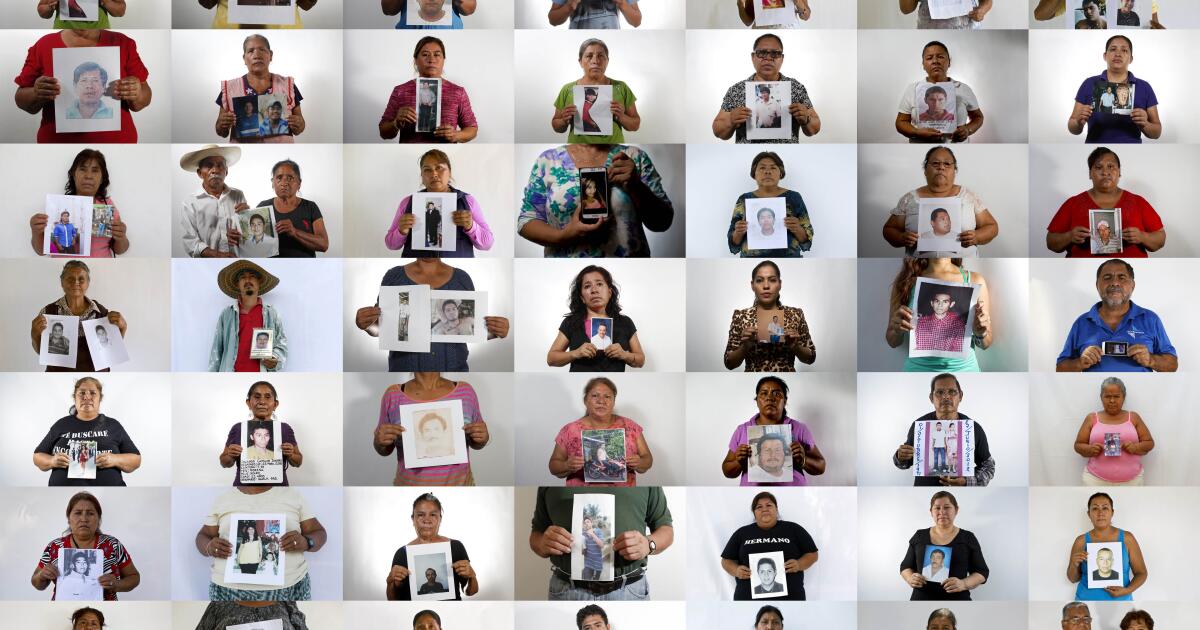The Democratic Party is about to discover what it's like to compete in a snap election, like those in Britain, France and other parliamentary systems that hold quick, short-notice elections.
In this case, however, the situation will be one-sided: they will face an opponent, former President Trump, who has been running since 2022, won his party's nomination in March and organized a very well-organized convention last week.
“There is no blueprint for this,” said David Axelrod, former President Obama’s chief strategist.
Building a new campaign around Vice President Kamala Harris, or whoever secures the Democratic nomination, will be an immediate and arduous challenge now that President Biden announced Sunday that he will withdraw from his reelection campaign.
“Today, a presidential campaign is a $2 billion startup that runs for two weeks,” said Stuart Stevens, chief strategist for Republican Sen. Mitt Romney’s 2012 presidential campaign. “Starting from scratch is not impossible, but it is a huge disadvantage.”
Stevens, who opposes Trump, said selecting Harris to replace President Biden on the ticket is “100% the best” scenario for building campaign infrastructure and crafting a message.
He could inherit hundreds of campaign workers and an organization that relies on grassroots organizing in anticipation of a close election and a message geared toward Biden’s accomplishments. Within hours of Biden’s announcement Sunday, the campaign changed the name of its fundraising committee from “Biden for President” to “Harris for President,” giving him control of its $91 million account.
“People will be walking around the venues this afternoon to see her,” Stevens said, comparing the situation to an alternative candidate who would have to start hiring staff and building a machine after the Aug. 19-22 Democratic National Convention.
But whether Harris wins or not, the process will be difficult. She will have to choose a running mate, which typically takes weeks of exhaustive vetting, and she will have to hope that that running mate fits into her team, which she also hasn't chosen.
In his statement Sunday, he gave a nod to the compressed time frame, noting that he has traveled extensively over the past year. “We have 107 days until Election Day. Together we will fight. And together, we will win,” he wrote.
His first big decision would be to decide which part of Biden's team to keep.
Harris ran in the 2020 Democratic primary, but the campaign ended with recriminations among top advisers, like many failed campaigns. She took only a handful of staffers with her when Biden chose her as his running mate, making her almost entirely dependent on her team. Many of the people who worked on her 2020 primary campaign, which overlaps extensively with Gov. Gavin Newsom’s political operation, stayed at arm’s length for much of her vice presidency.
And when speculation about Biden’s withdrawal began to circulate last month, Harris was extremely careful to avoid any sign that she was looking at her own potential future, hampering her ability to assemble a staff or draft extensive plans.
Axelrod said the hardest part will be building trust with key campaign advisers — and quickly.
“You’re asking people you may not know to get into a foxhole with you in a battle that’s already raging,” he said, which could be an argument for keeping much of Biden’s structure.
Donna Brazile, a Harris ally who ran former Vice President Al Gore's 2000 presidential campaign, said Biden's staff needs to take a breather after putting all their emotional energy behind him.
“Let’s give them a chance to cry,” he said. “Let’s give them a chance to cry.”
She insisted there would be plenty of time to work out a plan around Harris.
“I could campaign for 90 days without opening my eyes,” he said. “In the past, summer was the time we wasted preparing for the fall.”

